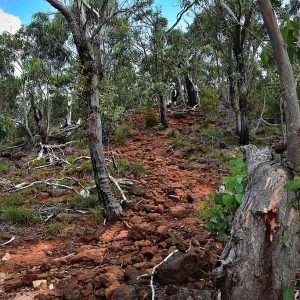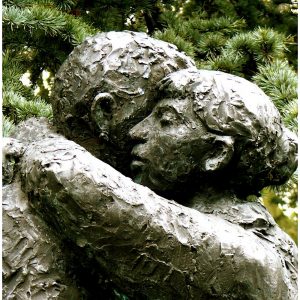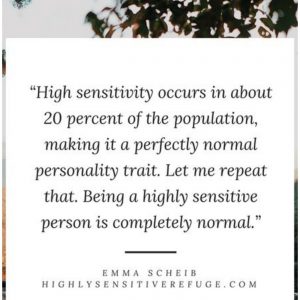Quilting is centuries old. History tells that as far back as 3400BC, quilting is a famed activity among Egyptians. The activity is then passed from generation to generation and from continent to continent and is now being enjoyed as a form of art. Over time, quilting enjoyed several innovations in techniques and methods. But there are actually no strict rules in quilting, as quilters discover new ways of making quilting more fun and achievable. There are some basic quilting guides you can follow at each start of a new project, though. And they are the following:
1. Choose a quilting pattern. The pattern should of course match your skill level. This means that if you are a newbie, work on a pattern that is simple and easy. If you have been quilting for quite a while and have gained enough confidence, then by all means, choose the pattern that will translate the progress in your skill.
2. Identify whether the project would be a pieced or whole cloth quilt. A pieced quilt has strips and pieces cut from other different fabrics and stitched together to make a top. These pieces can take the form of flowers, butterflies, animals, and other decorative patterns. A whole cloth quilt, on the other hand, uses a single fabric to make a top, which is cut into strips and sewn together.
3. Gather all the materials. These include the fabrics and the quilting threads. The patterns sometimes include a list of fabrics and threads to use, but think of it only as a suggestion and allow it not to impose limitations on you. Explore your options and find alternative and better materials that can complement the pattern. Your knowledge of the thread and fabric characteristics, textures, and color values comes into play here.
4. Prewash your fabric. This makes sure that the fabric doesnt shrink or fade. When prewashing, use hot water and detergent and soak the fabric for about 20 minutes. After which, dry and press the fabric.
5. Familiarize yourself with the quilting steps. A quilt is made of three layersthe top, the batting, and the backingwhich you have to stitch together. This process is actually the quilting itself. But first, you have to create the top by sewing blocks and strips of fabrics as indicated in the pattern of your choice. Next, select the batting and the backing material. The three layers are then put in their proper order to prepare them for basting. Basting means temporarily keeping the layers together using pins or stitches to prevent them from sliding and falling apart as they are quilted. Then, the actual quilting follows, which involve joining the three layers using small, fine stitches. As a final touch, a binding material is sewn to the quilt to trim and hide the fabric edges.
6. Sign the finished quilt. Some quilters are so attached with their quilts that they affix their name and date on one corner of the quilt. Unlike the other quilting guides, this one is a purely personal decision.




